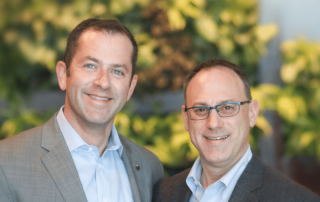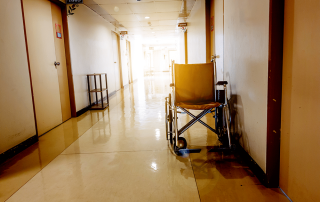New Bill Addresses Financial Exploitation in Long-Term Care for NJ Residents
Last week, a new bill was introduced in the New Jersey legislature to address continued problems in certain New Jersey nursing homes. The bill, co-sponsored by Senator Joseph F. Vitale (D—Middlesex) and Sen. Robert W. Singer (R—Ocean), will attempt to address issues related to financial exploitation in long-term care. The bill prohibits the personnel of nursing homes and other long-term care facilities—owners, operators, managers, employees—“or other person who benefits financially from a long-term care facility” from managing “the affairs of a [nursing home resident] except pursuant to an order of the Superior Court appointing that person guardian of the principal.” [...]











